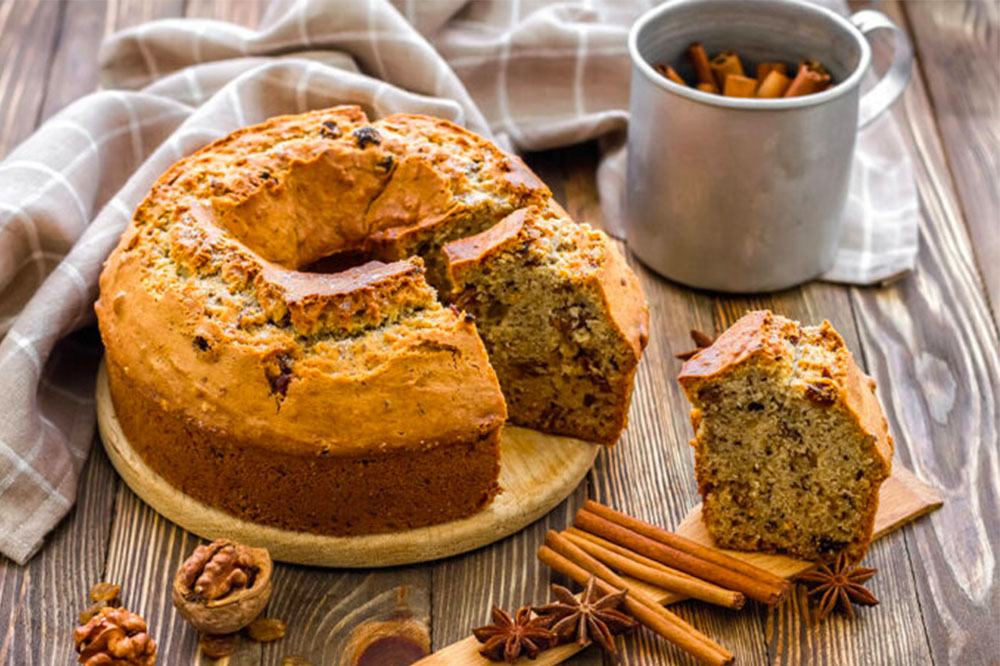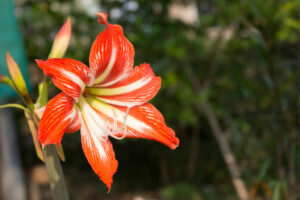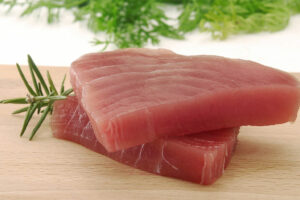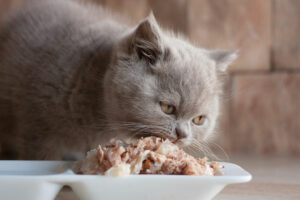7 worst foods and beverages that damage teeth

Foods and beverages supply much-needed fuel for the body to support vital functions. However, certain lifestyle choices and daily eating habits can severely affect oral hygiene. There is an increased risk of cavities, gum decay, tooth decay, and bacterial infections due to the overconsumption of common foods and beverages. Here are six such daily consumables that should be taken in moderation or eliminated to maintain good teeth and gum health in the long run.
Sugar-rich foods
Refined sugar, be it used for making sweets, candies, baked goods, confectioneries, processed ready-to-eat foods, and even flavored drinks, are bad for the teeth. Sugar supplies a steady energy source for bacteria to feast on and rapidly multiply, causing cavities. Sugar also increases the risk of plaque buildup, which can further cause gum infections and speed up tooth decay.
Refined carbohydrate-rich foods
Carbohydrates are a good source of fuel for the body and should be included in daily nutrition. However, most foods bought off the shelves in the supermarket are loaded with refined carbohydrates. These carbs are bad for overall health, and the sticky residue left behind after chewing becomes a harboring ground for bacteria. Also, saliva breaks down carbohydrates into sugar due to an instantaneous reaction and, as a result, increases the risk of cavities.
Citrus fruits
Citrus fruits rich in vitamin C are great for supporting overall health. However, the acidic content of these fruits can cause erosion of the outer layer or enamel, exposing the dentin to infections and tooth decay. It’s okay to consume fresh fruit and juices extracted from oranges, lemons, limes, and grapefruit. But avoid packaged fruit beverages loaded with preservatives, coloring, and additives that further damage healthy teeth.
Processed fatty foods
Snacks like pretzels, potato chips, and other condiments commonly consumed as a quick snack are high in salts and processed fats. Even homemade potato chips contain saturated and trans fats, as these chips are usually fried in hydrogenated vegetable oils. In addition, these foods contain a lot of starch that gets broken down into sugars by the saliva while being chewed. The leftover sugars can trigger plaque buildup, cause gum infections cavities, and renders one’s daily oral hygiene routine ineffective in the long term.
Dry fruits
Figs, raisins, prunes, and apricots are among the commonly consumed dried fruits, to name a few. However, dried fruits contain a concentrated quantity of fructose (natural sugars) which makes it one of the worst foods for teeth. Consuming even just a small handful of dried fruits will leave sugars that are left behind in the crevices of the teeth.
Pickles
Pickles are an excellent condiment to have with daily foods as it adds a zesty flavor and boosts the taste of bland foods consumed. However, most pickles are made by fermenting fruits and vegetables in vinegar and salt water. The high acidic content of the fermenting liquid used for making the pickles can erode the enamel when consumed regularly.
Carbonated sodas and caffeinated beverages
Flavored sodas, fizzy drinks, packaged juices, coffee, and tea contain erosive compounds that affect the quality of the outer enamel. Most packaged drinks are also heavily laced with sugars and additives that further increase the risk of infection, cavities, and gum decay.



